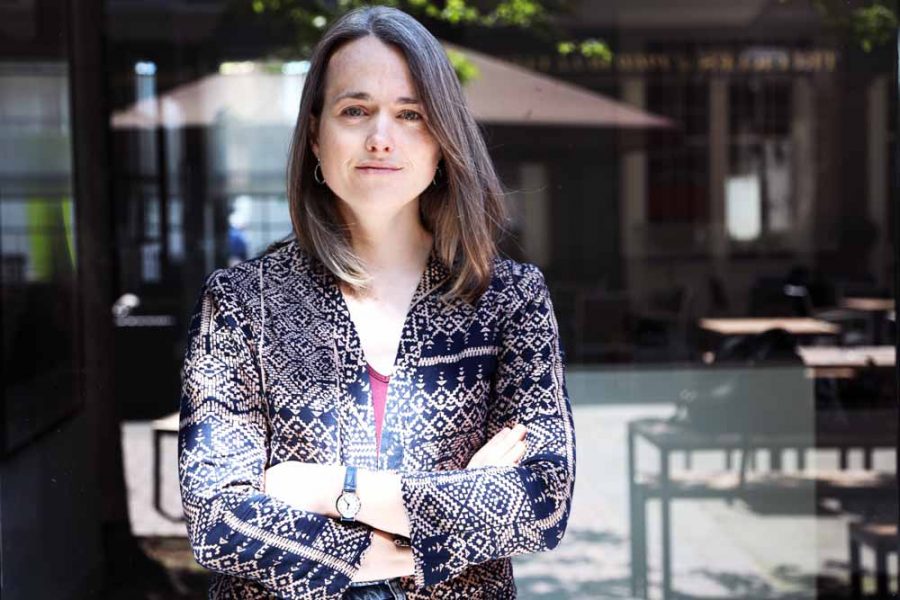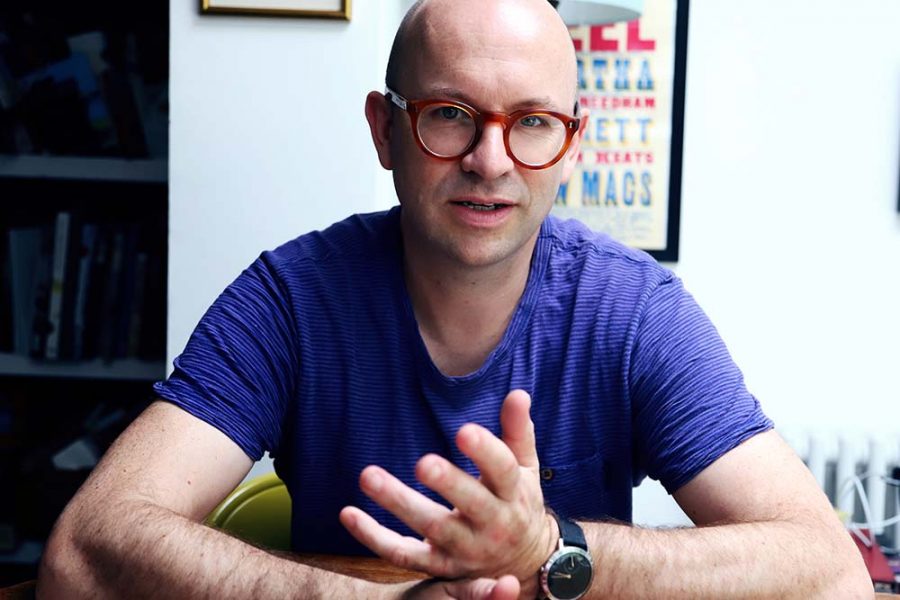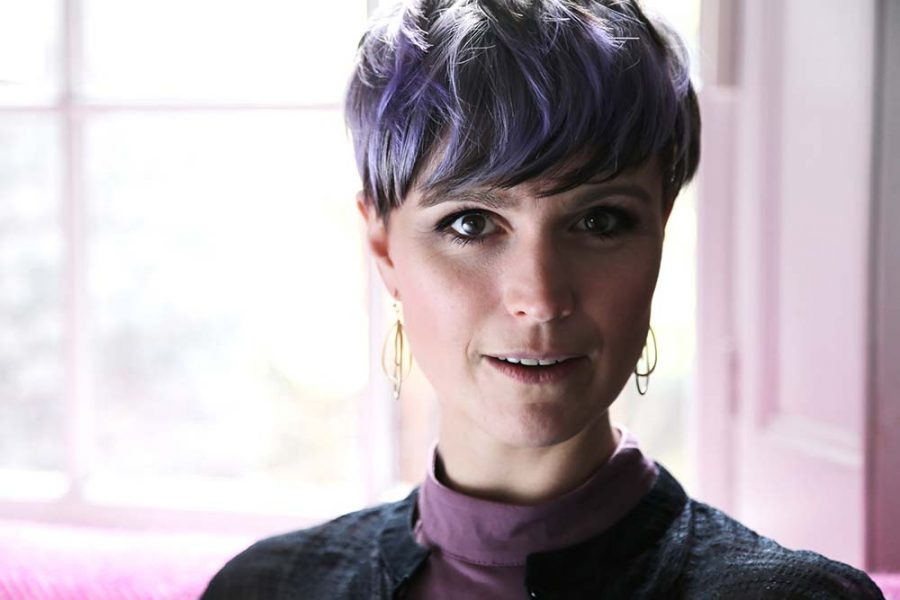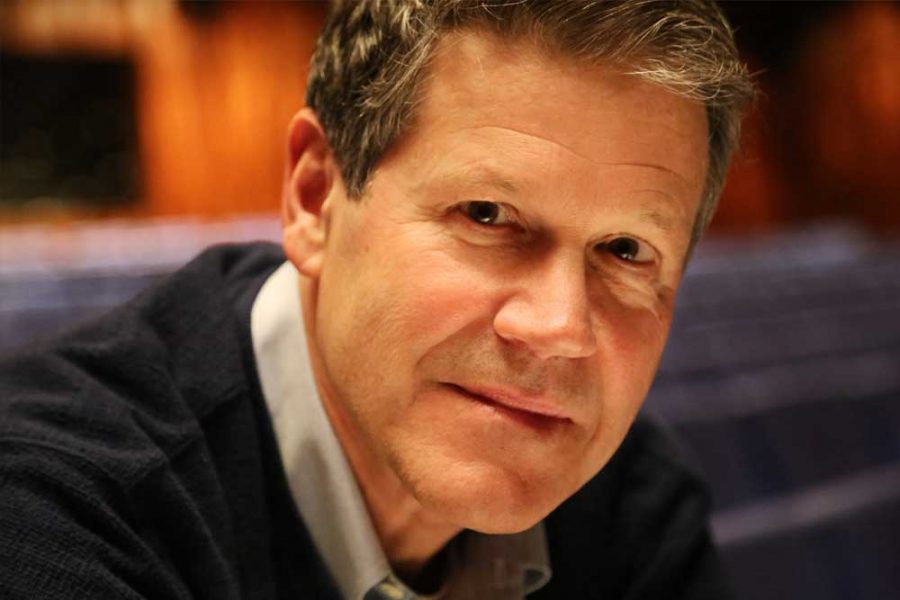Achieving Democratic Opportunity with: Elaine Kidd

July 2019
Interview and photos by
Frances Marshall
Share this article
Throughout her career British director Elaine Kidd has been challenging the status quo of the operatic industry.
Now as Head of the Jette Parker programme at the Royal Opera House, the formidable Kidd has been shifting the lens on the narrative of opera with an aim to achieve mainstream accessibility. Final Note Magazine met with Kidd to discuss her process as a director, and the road to achieving democratic opportunity.
In opera you’ve a lot more structure and I feel more like an archaeologist solving an equation."

What were the early signs that you were destined to be a director?
I was tiny and I remember going to Fairfield Halls in Croydon to see Godspell. Looking back now I remember the energy of the ensemble and their connection with the audience. It was clear that the company was operating at 100% and today it’s a constant priority of mine to work out how to make that happen.
When was your first introduction to opera?
My brother started dating a chorus member at English National Opera and she would get me standing passes. Up until that point theatre was my thing, until I completely fell in love with the music. I then went to work with David Freeman in Zurich – I had no experience as an opera assistant but got the job because I spoke German!
Your main subjects in college were languages and not music, how has this benefited your career?
Languages were my door into opera not the music, and I just kept building on my experience. Languages are such an asset to a director, and open up so many more opportunities for employment. It’s incredibly daunting to work in a language you don’t speak – or at least understand the grammatical structures – it hampers you in the room and curtails your ability to support the performers, unless you’ve prepped within an inch of your life. I struggled a bit with Italian because I initially learned opera Italian, which must sound like the equivalent of speaking Shakespearian English to your mates.
Tell us about your first directing position.
It was a one-woman show in a pub and I was paid £35 per week, I loved every second of it.
In your opinion, what are the biggest differences between opera and theatre?
In theatre you’re creating your own rhythms, there are more options to lead you down many different rabbit holes until you surface with a solution you like. In opera you’ve a lot more structure and I feel more like an archaeologist solving an equation. I love these parameters, you have to both embrace them and compensate for them where they muddy the storytelling.
How do you prioritise in a production when you’re responsible for every aspect?
(Laughs) I always think of directing as an old person’s game. There are a lot of forces you’re juggling. In order to enable all the support teams to work at their best, you need to be aware of their different rhythms and needs – it’s precision engineering and takes experience. This results in a well crafted experience with everybody’s commitment and sensitivity being drawn into the magic.
Performers can be very vulnerable so it’s best to focus on the positives. Even in the case of an artist that you’re not mad about for whatever reason, there’s no denying the energy they bring to the room, so you need to work with it.

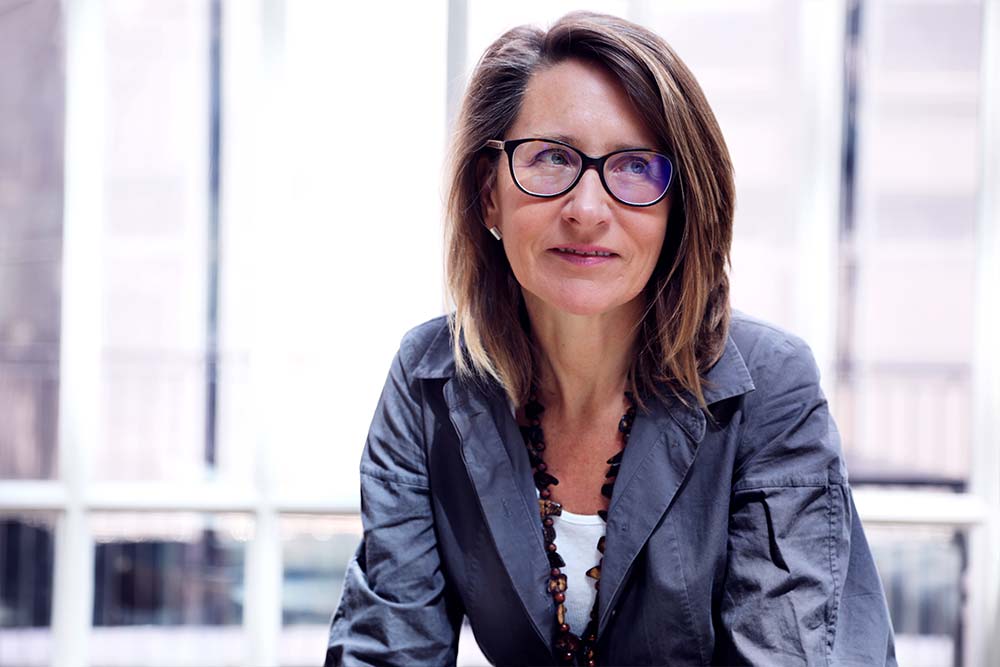

I need to be able to justify my decisions to myself. I have to understand what’s driving me to take that moment in that direction."

What’s your approach to the rehearsal room?
I need to be able to justify my decisions to myself. I have to understand what’s driving me to take that moment in that direction. I don’t approach the room in an intellectual way, I always respond viscerally to what’s in front of me. The performers are co-creators and you are the editor-in-chief. I have an extremely low boredom threshold, which is my biggest weakness and biggest strength. I’m also rarely satisfied, which is great, but you have to be so careful not to let that impact the rehearsal room negatively.
I want people to embrace ‘failure’. You need to take risks in order to create anything new, relevant and personally truthful. I hate work that is safe and sanitised, rather than present and ’life-full’.
What’s a common trap to avoid?
When you’re fighting to make the show great, the focus has to be on the audience. Many productions have incredible energy amongst the artists who have been swept away in the tidal wave of creativity, but the show in itself can be a complete turkey. That happens because the audience get bored and they’re being left out of the insiders’ club. You always have to step back and look at what’s being communicated and how it’s being interpreted. I’m constantly questioning and revising the best way to do that.
You’re now Head of the Jette Parker programme at the Royal Opera House. What are your main responsibilities in this position?
My main responsibility is to be there for the artists. The Royal Opera House is a pressured place, full of enormous opportunities, and it’s daunting at the beginning of your career to be placed side-by-side on stage with your greatest heroes. It can play havoc with your emotions.
So one of my biggest challenges is getting the young artists to recognise when they need to rest. They’re all fantastic and extremely hard working so naturally they want to do everything. Burnout happens when an artist feels like they can’t ask for a break and it’s one of the biggest career killers – we want them to learn their limits in a safe environment.
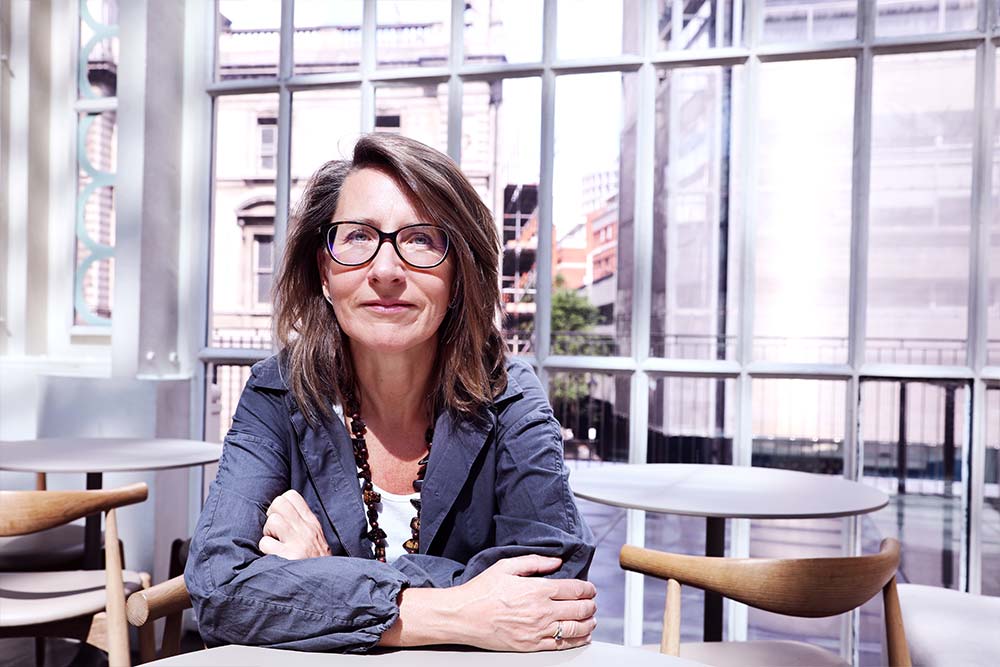



How do you cater for the individual needs of each young artist?
Each artist is also incredibly unique and their best will look very different on different days. They may also need something particular to bring out their best and we want to work with them to learn what that is. We encourage them not to compare themselves to each other and we ask them to trust us, which is no easy task. Another considerable factor is that a lot of our artists are given roles to cover, which I actually think is more difficult than doing the role because they have to rehearse with an incomplete cast, substitute props, no set and then may have to go on.
We consider ourselves very lucky to have been involved in the development of some of the industry’s great artists and rising stars. I’ve got incredible colleagues; David Gowland, Angelique MacDonald, Isabella Young – I couldn’t do what I do without their vision and progressive thinking, and incredible commitment and care.
What’s the goal of the programme?
The artists are already fantastic or they wouldn’t get in. So we want to find those who are interested in being phenomenally better by working in a very focussed way – artists who are open, culturally curious, hungry to learn and try things, passionate individuals with something raw and truthful. They must have something to say so they can challenge what opera can be.
What are the problems within opera today?
The biggest issue is that the narrative surrounding opera hasn’t changed in decades and some people think that bad opera is opera. Today audiences are very visually literate and if you forget that, you’ll lose them. It’s the totality of the experience that will pull people into opera and I worry that companies aren’t thinking holistically and long-term. For example, if the marketing department does an amazing job and brings in a new, eager crowd who are then presented with a weak show, it’s unlikely that they’ll ever come back. In the UK, opera has become increasingly associated with posh people picnicking. Yes, it’s an expensive business and the ‘experience’ package helps make it more economically viable, but, essentially, the art form per se can be really accessible if we work harder on the cultural baggage that perpetuates around it.
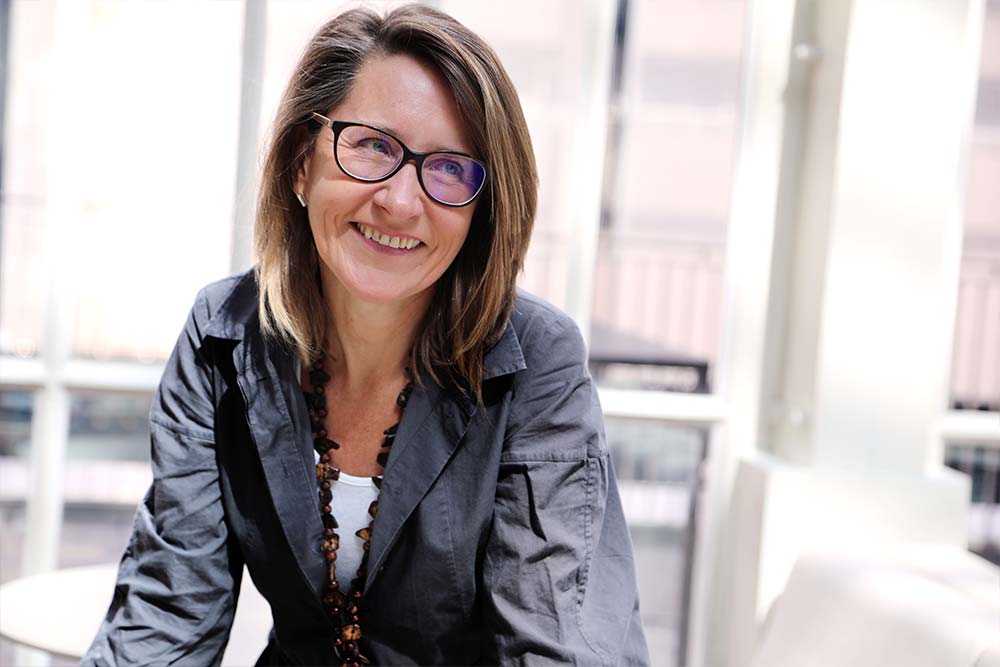

Talent is democratic, but opportunity is not – it’s our job to change that."

Tell us about the diversity initiatives in the Royal Opera House.
Before I came along, John Fulljames was the Associate Director of Opera and he initiated the necessary asking of many questions about the future needs of the sector. The biggest issue that came to light was the narrow demographic of opera makers and performers. We began to look at the structural inequalities in training and what we could do as the Royal Opera House to change this. You cannot become what you cannot see and it was our responsibility to address this enormous issue fast.
Bottom line is that we’re state funded by the public and in order to justify that subsidy we have to create work for and by everyone. There wasn’t enough diversity in the applicants coming through our audition process and we needed to work out why that was. We’re now beginning programmes in secondary schools to see how we can broaden the pipeline. We want and very much need new voices and this led to our Link Artists initiative. We also work in partnership on an international level to help build vocational training opportunities where they may not exist.
Do you think there is a problem with diversity in classical music?
Yes, absolutely. I get angry when I don’t see diversity in a production or a classical music magazine, for example. I want to see active inclusion programmes in every company and the Jette Parker programme is probably more diverse than most. However, it bothers me when great progress is made in this area and it’s then dismissed as ‘ticking a diversity box’, which is not at all where we’re coming from.
We cannot ignore the specific issue of white privilege, we have a huge responsibility to address this by making sure we are employing, working and conversing with ethnically diverse people and to educate ourselves as much as we can. If there is friction, embrace that discomfort and find out what we can learn from it. We’re living in a country that has such a shameful history of colonialism and slave trading, and what’s worse is that it’s not always high in our general consciousness. It’s not even embedded in school history teaching, which is appalling.
Everyone has their own lens to look through and we need a much broader cultural input to keep this industry alive and thriving. Talent is democratic, but opportunity is not – it’s our job to change that.
To find out more about Elaine Kidd see:
www.roh.org.uk/people/elaine-kidd
For more details about the Jette Parker Young Artists Programme:
www.roh.org.uk/about/jette-parker-young-artists-programme
All images displayed in this article are subject to copyright.
Share this article


